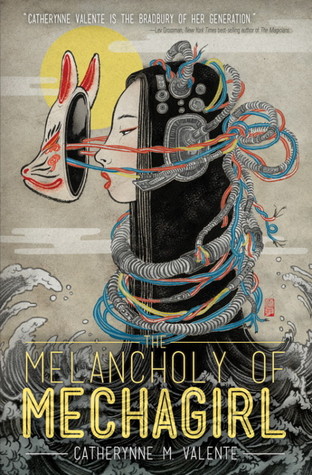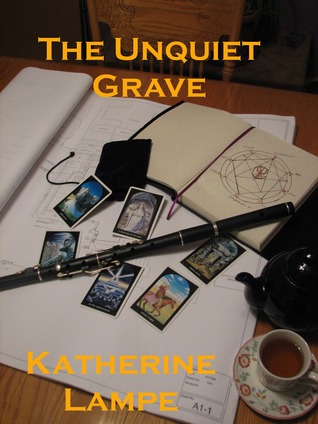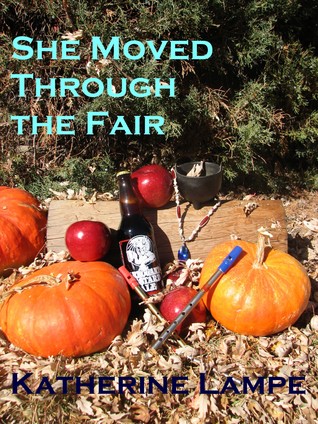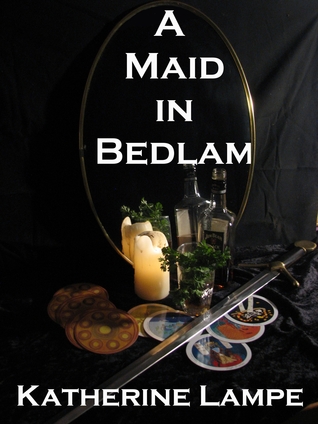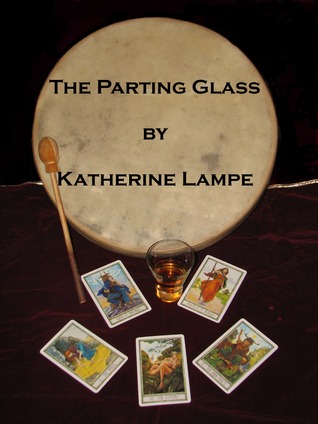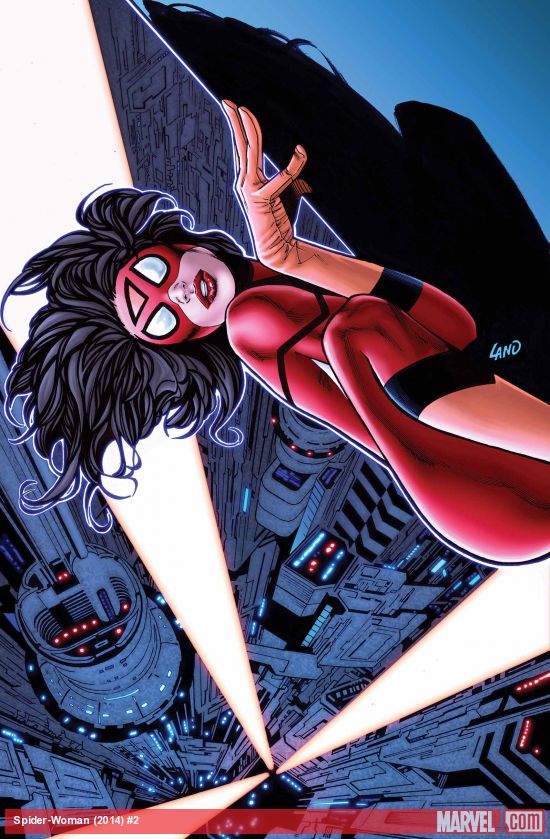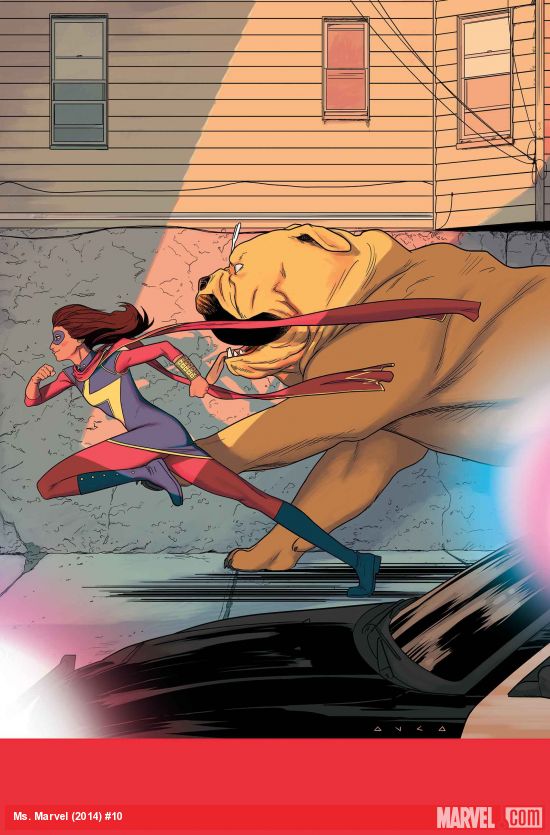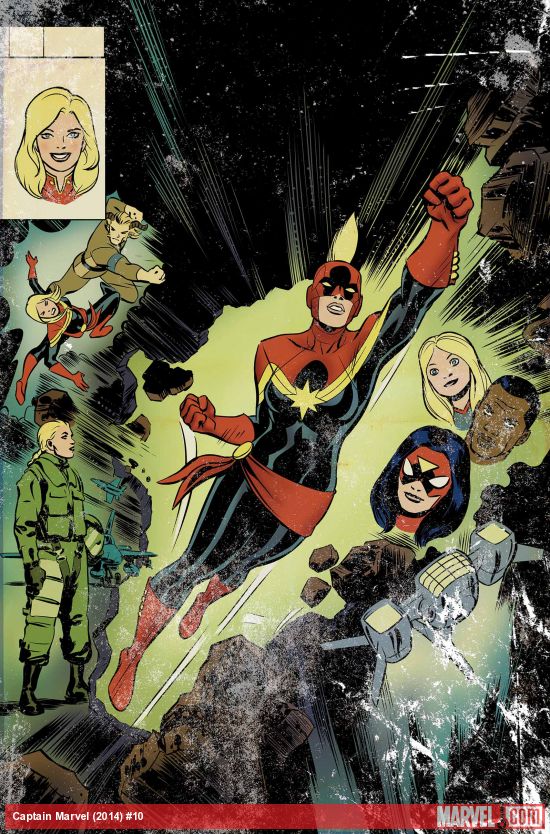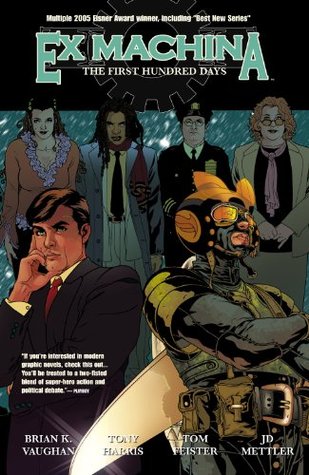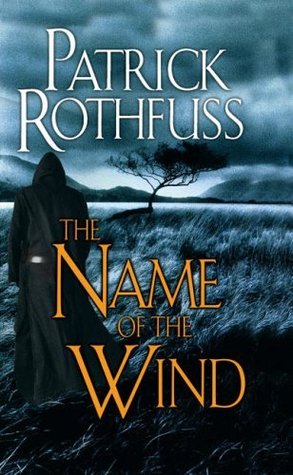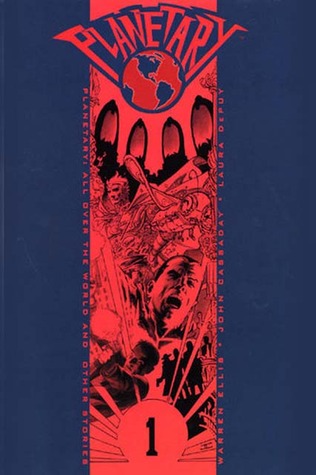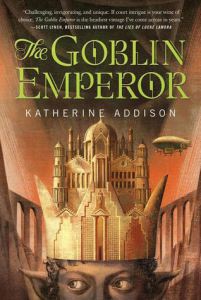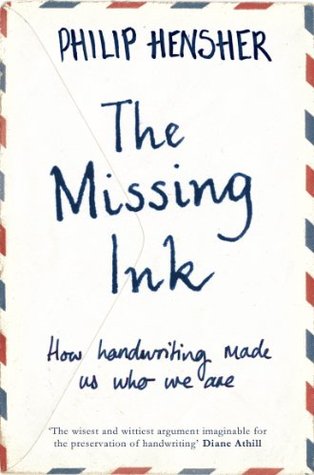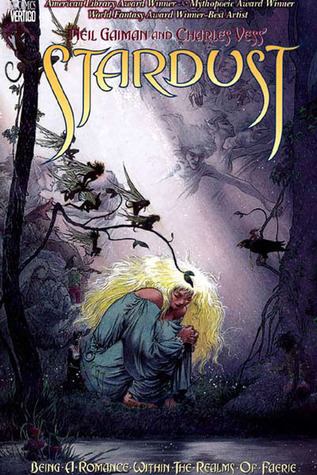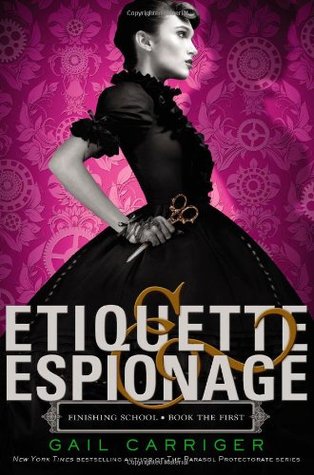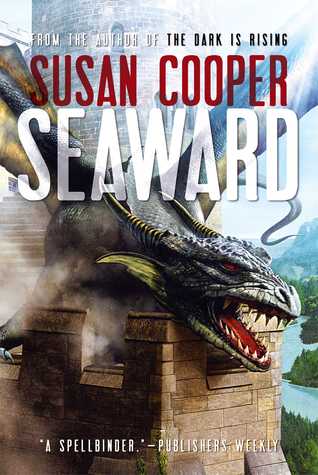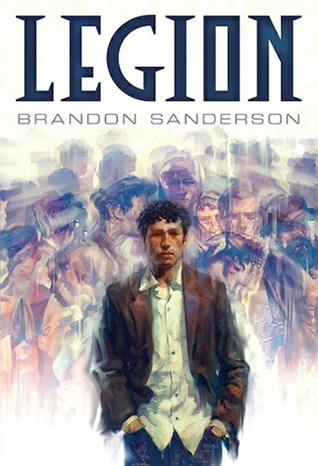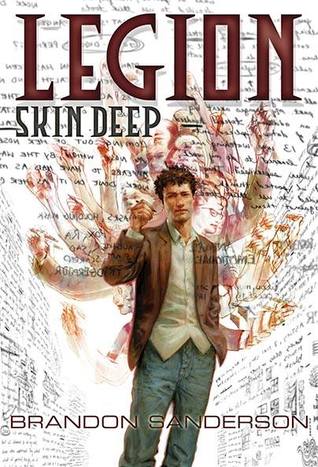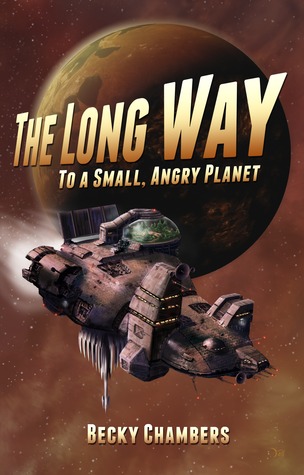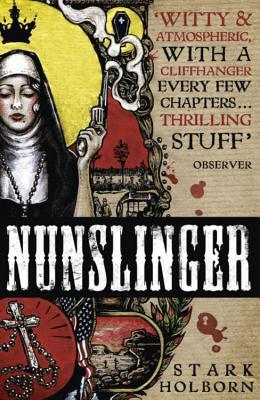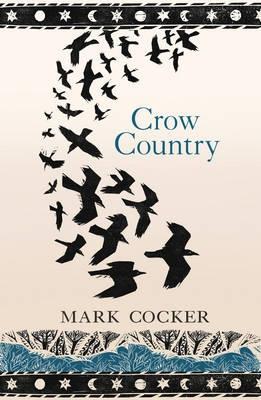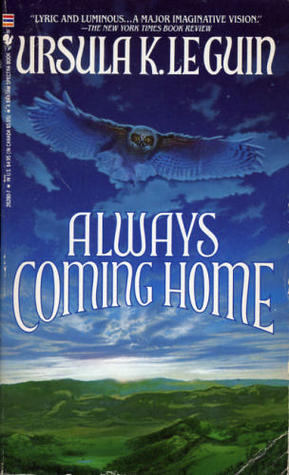 Always Coming Home, Ursula Le Guin
Always Coming Home, Ursula Le Guin
Review from January 22nd, 2011
I expected to take a long time over Always Coming Home. In a way, I wish I had: there’s a lot in it, and a lot to reward a slower, careful reading — this time I went plunging through it for the narrative, such as it was, enjoying the layers of understanding that came to me, imagining and figuring out what I didn’t know. I didn’t read the “Back of the Book” section, this time: another time, I think I will. I just wanted to fly through it, this time, total immersion in a culture that does not exist.
Always Coming Home is a collection of stories, of fake-histories, of poems and plays and things that do not neatly fit into our genres, belonging to a culture that does not exist. The first note says it best, “The people in this book might be going to have lived a long, long time from now in Northern Carolina.” It seems to be the story almost of the Native peoples, and then it begins to mention computers and other technologies of our day… The way the world came to be this way isn’t really seen clearly, only seen in its effects on the people. It’s very interesting to read this way: interesting, and frustrating, because like real history, it doesn’t always show you the bits you most want to see.
Ursula Le Guin’s writing is beautiful, as always, and easy to read and understand despite the invented words and concepts. I sort of imagine this as the way she might build up any culture, in any book, through the scraps of their literature and histories that come to her… It’s quite a nice thought, actually.
I didn’t read the “Back of the Book” section, preferring to keep things vaguer, not spelled out. I will probably read it one day, but not now.
Though I greatly enjoyed this, I don’t know if I’d dare recommend it to anyone. For me it required some patience with the original idea, which turned into delight as Ursula Le Guin once more captured my heart. For others, who didn’t find Earthsea compelling, it’d be dry as dust, I think. And as with many books, but particularly with those that are a bit different, someone might find they love it, when they have never loved Le Guin’s work before — or that they hate it, when they’ve always loved her work.
Rating: 5/5

